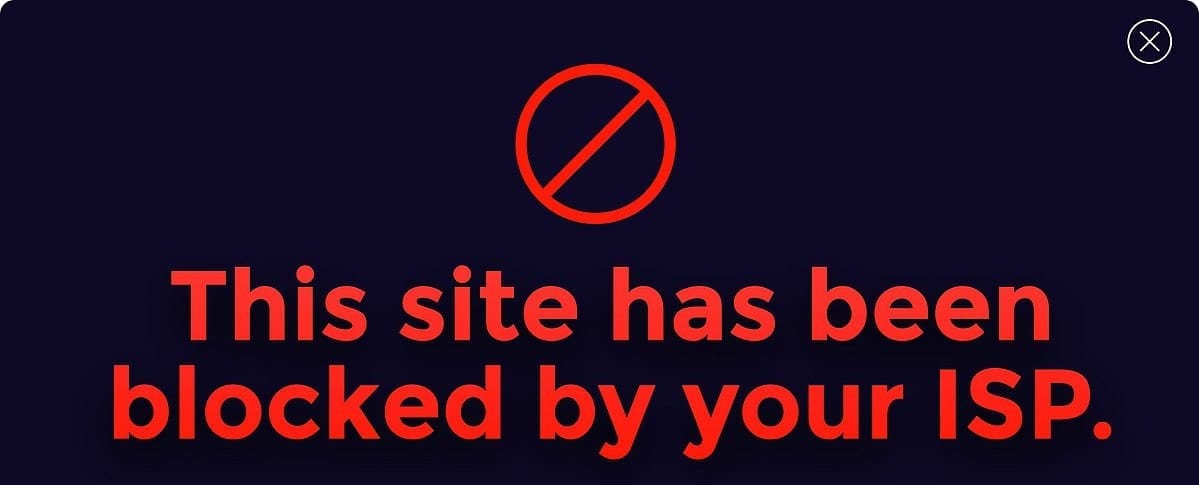California passed its own net neutrality act in 2018, but was prevented from enforcing it by the U.S. Department of Justice.
A federal judge has paved the way for California to begin enforcing its net neutrality law, which prevents internet service providers from slowing down or blocking access to consumes who don’t pay for premium service or used preferred platforms.
NBC News reports that California enacted its own internet protection legislation after former Federal Communications Commission Chairman Ajit Pai led an initiative to upturn net neutrality at a national level.
California’s law was signed into effect in 2018.
However, the Trump administration sued to prevent California from protecting its consumers, effectively preventing the law’s enforcement.
While the Justice Department dropped the suit shortly after President Joe Biden took office, California was facing another challenge filed by telecommunications providers, who asked that the courts continue to block net neutrality until their complaint was resolved.
But earlier this week, U.S. District Judge John A. Mendez pushed back and permitted California to begin adhering to its own legislation.
California state Sen. Scott Wiener, the San Francisco Democrat who authored the act, said Mendez’s ruling is a “huge victory for open access to the internet, our democracy, and our economy.”

“The internet is at the heart of modern life. We all should be able to decide for ourselves where we go on the internet and how we access information,” Wiener said in a statement. “We cannot allow big corporations to make those decisions for us.”
Telecommunications companies, notes NBC News, fought long and hard to prevent Wiener’s bill from passing—and then from taking effect, once former Gov. Jerry Brown signed it.
Similar to complaints made against national net neutrality, telecom providers in California said that protecting consumers’ right to a fair and open internet would somehow stifle corporate innovation—and discourage large companies from investing in better infrastructure.
They had also tried to persuade Mendez that California’s net neutrality was illegal and unnecessary, because telecommunications companies have yet to throttle speeds or otherwise mistreat their customers.
Mendez observed that such an argument is inherently weak, in large part because companies across the country have tread carefully, anxiously awaiting the outcome of challenges stacked against the FCC’s revocation of net neutrality.
“I have heard that argument and I don’t find it persuasive,” Mendez said. “It’s going to fall on deaf ears. Everyone has been on their best behavior since 2018, waiting for whatever happened in the DC Circuit. I don’t place weight on the argument that everything is fine and we don’t need to worry.”
Speaking in his own statement, California Attorney General Xavier Becerra, a Democrat, said that his office will soon begin enforcement of the state’s net neutrality act.
Becerra also commented upon the nonsensicality of telecommunication companies’ assertion that net neutrality is somehow anti-consumer.
“The ability of an Internet service provider to block, slow down, or speed up content based on a user’s ability to pay for service degrades the very idea of a competitive marketplace and the open transfer of information at the core of our increasingly digital and connected world,” Becerra said.
Sources
California can enforce net neutrality law, judge rules in loss for ISPs
California’s net neutrality law can go forward, judge rules
California’s net neutrality law is a reality. Here’s what it means.


Join the conversation!